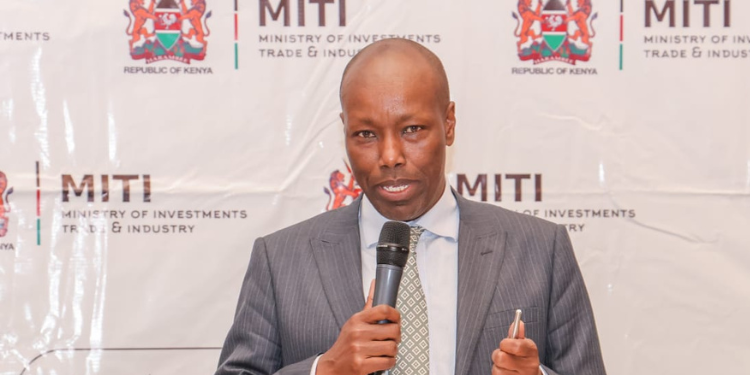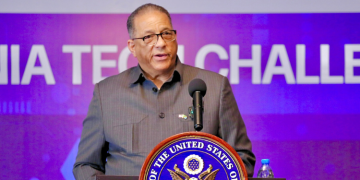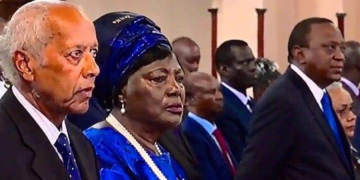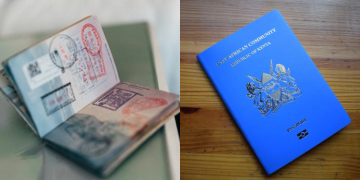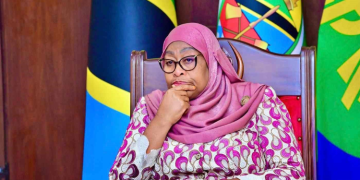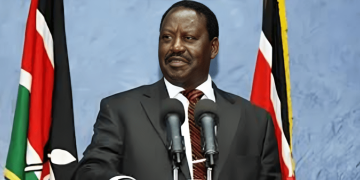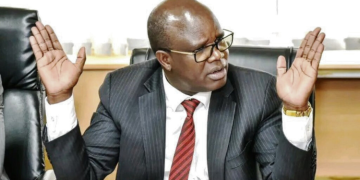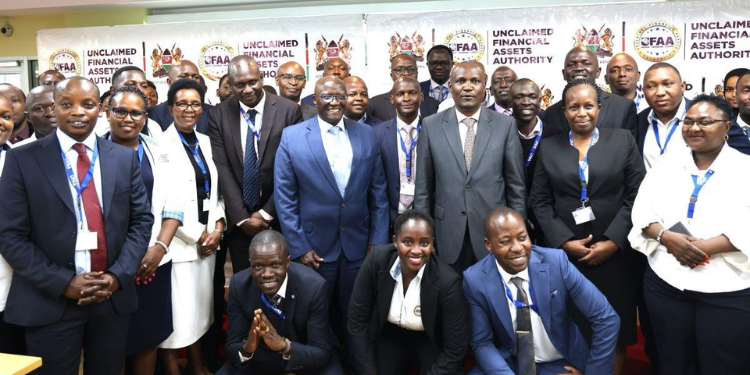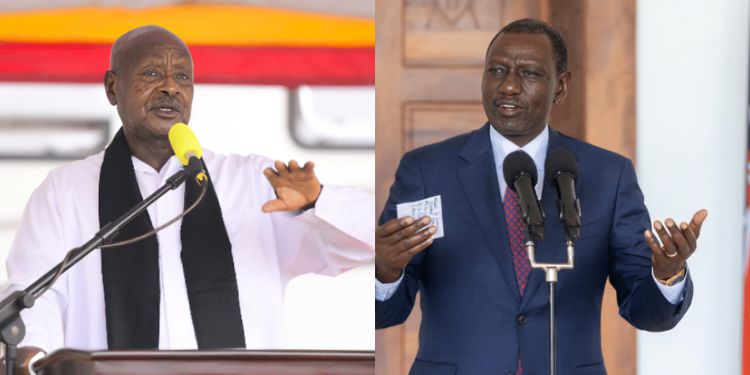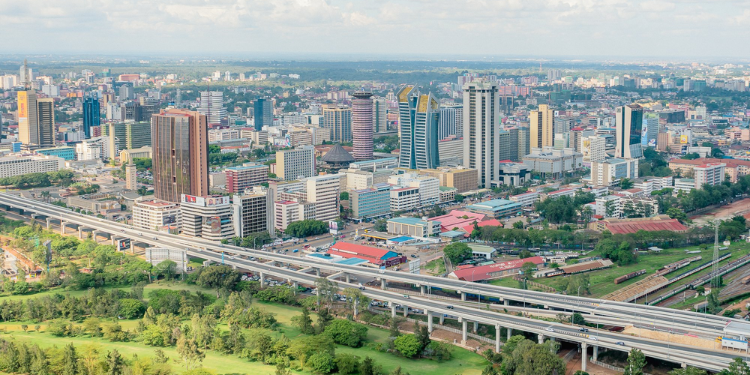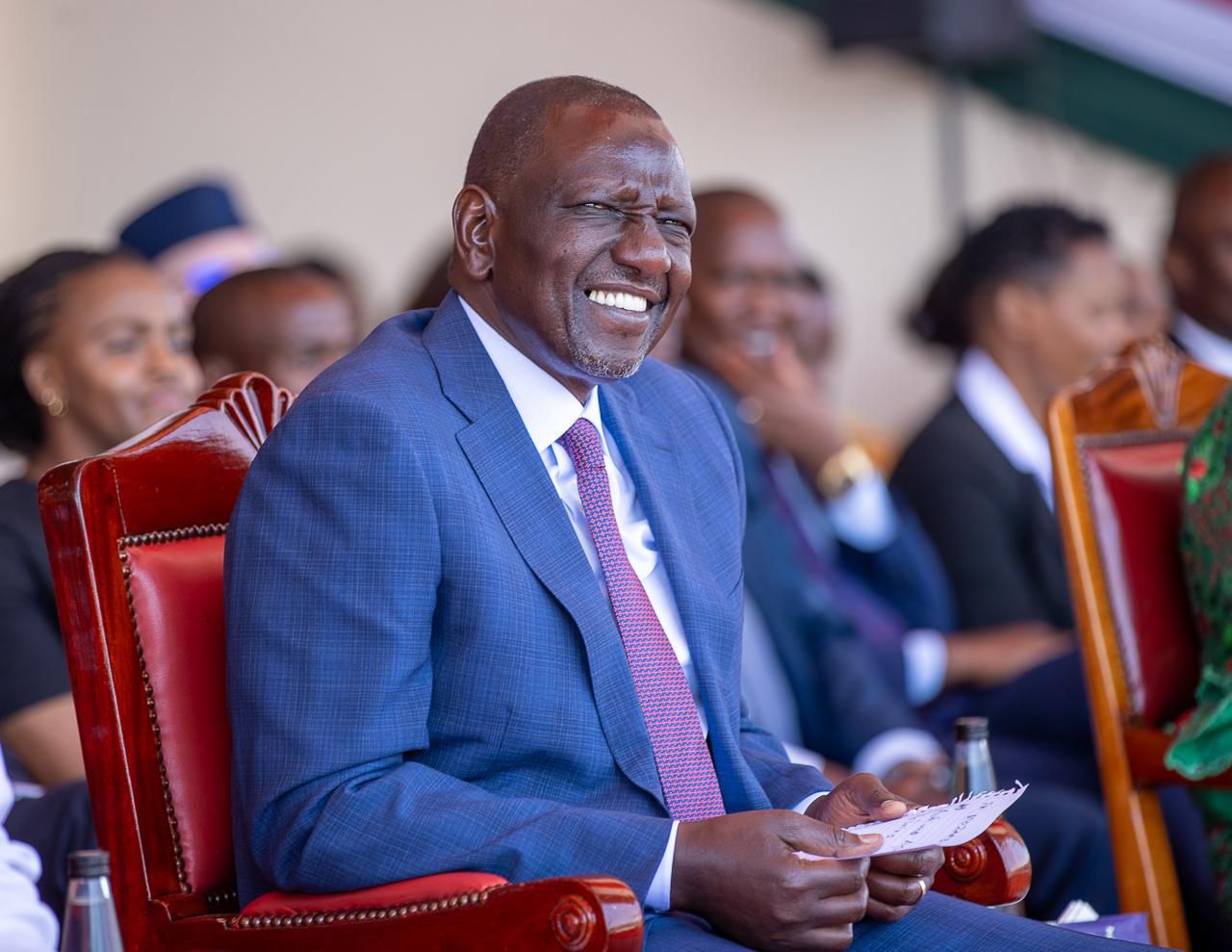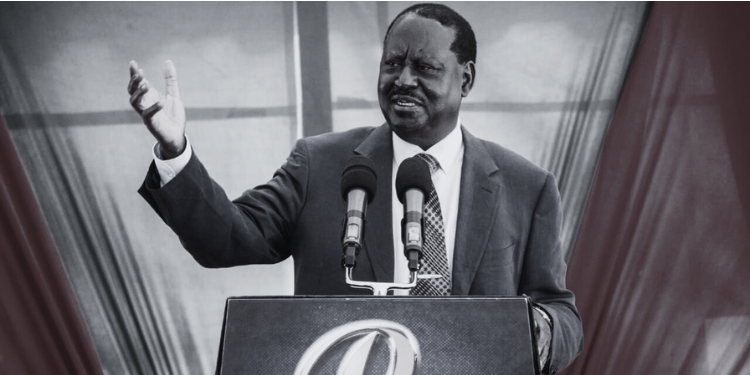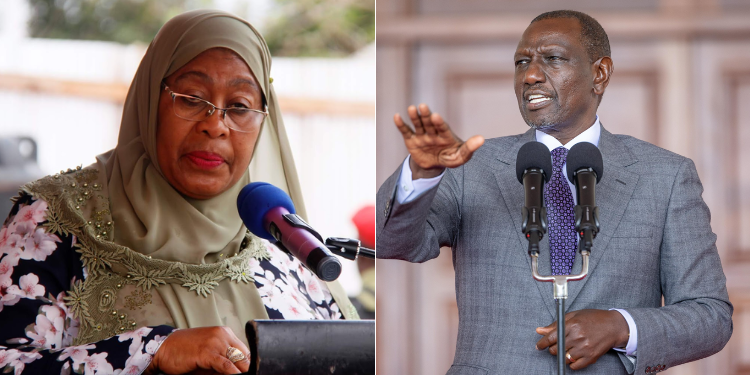The Government of Kenya has raised concern over new tax and business licensing measures imposed by Tanzania that threaten regional trade, warning they could reverse hard-won gains under the East African Community (EAC) framework.
In a statement released by Trade and Industry CS Lee Kinyanjui on Wednesday, July 30, Kenya noted that the recently enacted Tanzania Finance Act, 2025, and amendments to the Excise (Management and Tariff) Act, 2019, introduce excise duties and an Industrial Development Levy of 10% and 15%, respectively.
Additionally, the Business Licensing (Prohibition of Business Activities for Non-Citizens) Order, 2025 bars foreigners—including EAC nationals—from participating in 15 key services, including operating or owning micro and small industries.
“Kenya acknowledges and respects the sovereign rights of EAC Partner States to legislate on domestic matters but also believes in the importance of consultation, coordination, and consistency in implementing policies that affect cross-border goods transfer,” read the statement in part.
“The measures taken by Tanzania are substantive and undermine the core objective of regional economic integration under the Common Market Protocol (CMP).”
Kenya Asks Tanzania to Lift Ban on Foreign Traders, Cites EAC Protocol
CS Kinyanjui noted that all Partner States made binding commitments, and Article 13 of the EAC Common Market Protocol specifically allows EAC nationals to establish and operate businesses.
He added that it also prohibits treating EAC nationals less favourably than a country’s own citizens.
Kinyanjui also urged the Tanzanian government to lift the measures, citing violations of regional trade agreements.
“Kenya requests that these restrictions be removed and that Tanzania reverts to measures provided for in the EAC protocol,” the statement read further.
The CS mentioned that the Business Licensing Order, which seems to be criminalizing lawful EAC investments, will hurt both economies.
“It is therefore critical, in the spirit of EAC, that bilateral engagements be held to resolve these issues,” he said.
Also Read: Tanzania Bans Kenyans from Running Select Businesses (FULL LIST)
Kenya Schedules Talks with Tanzania on Levies and Tobacco Trade
He further stated that Kenya has been engaging constructively in a number of consultative forums aimed at creating an environment where these trade measures are aligned with the principles of the EAC Customs Union Protocol.
This includes the 1st Extraordinary Sectoral Council on Finance and Economic Affairs (SCFEA), which directed the EAC Secretariat to compile a list of duties, levies, and charges imposed by member states that may violate Customs Union provisions.
The report is expected by August 30, 2025.
The Secretariat has also been tasked with harmonizing the definitions of “import” and “export” across member states by June 30, 2025, and convening a compliance-focused SCFEA session by September 30, 2025.
More sessions of bilateral engagements have also been agreed upon with Tanzania, to address recent measures and existing trade concerns, including a technical meeting on tobacco product trade scheduled for 4-5 August 2025 in Arusha.
Another Joint Trade Committee review of levies, fees, and charges will be held between 11th and 12th August 2025.
Kenya expressed optimism that continued dialogue would yield solutions in line with EAC’s founding principles of free movement of goods, people, labour, services, and capital.
“In line with the spirit of the EAC ‘one people, one destiny, we are committed to upholding the principles of non-discrimination, transparency, and equity, guiding all our future trade-related decisions,” the statement concludes.
Also Read: NACADA Bans Sale of Alcohol in Supermarkets and Other Key Areas (FULL LIST)
Businesses, Foreigners Were Banned from Doing
This comes after Tanzania banned foreign nationals from engaging in 15 business activities traditionally dominated by small and medium-sized enterprises.
Some of the businesses prohibited for foreigners include wholesale and retail trade (excluding supermarkets and specialized product outlets), small-scale mining, mobile money transfers, and ownership of radio and television broadcast stations.
The government also barred foreigners from operating gambling machines—except within casino premises—and from working as tour guides, real estate brokers, and clearing and forwarding agents.
Follow our WhatsApp Channel and X Account for real-time news updates.
